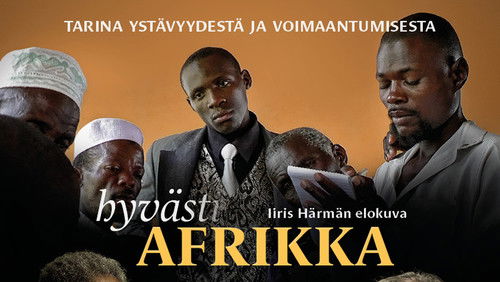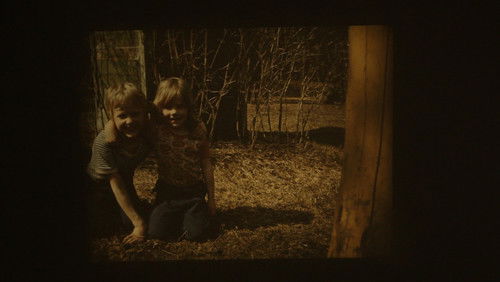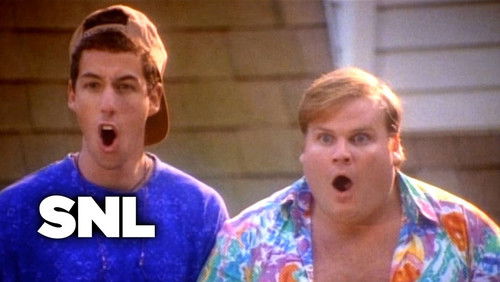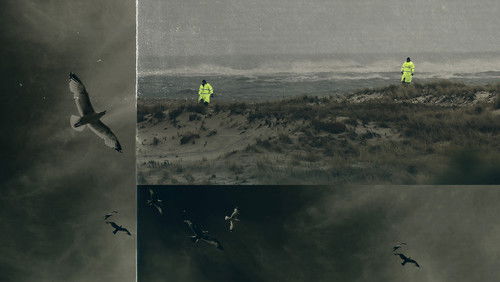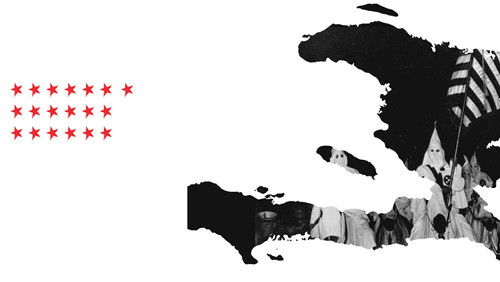Mission Control: The Unsung Heroes of Apollo (2017)
12KMission Control: The Unsung Heroes of Apollo: Directed by David Fairhead. With John Aaron, Stephen Bales, Jerry Bostick, James Burke. At the heart of the Apollo program was the special team in Mission Control who put a man on the moon and helped create the future.
“If youu0026#39;ve studied your history, watched the Discovery Channel and seen movies like 1983u0026#39;s u0026quot;The Right Stuffu0026quot;, 1995u0026#39;s u0026quot;Apollo 13u0026quot; or even u0026quot;Space Campu0026quot; (1986), u0026quot;Armageddonu0026quot; (1998) or u0026quot;Gravityu0026quot; (2013), you may think you know about the U.S. space program. Those films are all excellent (as are many other similar movies), but they only tell part of the story. If you havenu0026#39;t seen a well-made documentary on the subject you donu0026#39;t know NASA. 2017u0026#39;s u0026quot;Mission Control: The Unsung Heroes of Apollou0026quot; (NR, 1:41) fills in some of the gaps in our knowledge and increases our appreciation for the accomplishments of the National Aeronautics and Space Administration (especially regarding the missions to the moon) and the men who got us there. What the terrific 2016 Best Picture Oscar nominee u0026quot;Hidden Figuresu0026quot; did for black female NASA employees, this doc does for the pasty guys with crew cuts whom those ladies supported.u003cbr/u003eu003cbr/u003eu0026quot;Mission Control: The Unsung Heroes of Apollou0026quot; starts by establishing its storyu0026#39;s historical context. In 1957, the Soviet Union shocked the world by putting Sputnik, the first man-made satellite in human history, into orbit around the earth. The following year, President Eisenhower created NASA and both he and his successors, Presidents Kennedy and Johnson, refocused our attention on the space race, but it took about a decade for the U.S. to pass the U.S.S.R. Besides launching the earthu0026#39;s first artificial satellite, the Russians also put a man into space and then into orbit before their American Cold War rivals accomplished those feats. But by 1962, the U.S. had caught up with the Soviets and, encouraged by JFKu0026#39;s famous 1961 message to Congress, had set its sights on getting to the moon before the 60s had ended.u003cbr/u003eu003cbr/u003eAfter the Project Mercury missions got American astronauts into space and Project Gemini increased the complexity and capabilities of American spacecraft, Project Apollo was created to fulfill President Kennedyu0026#39;s stated goal of u0026quot;landing a man on the moon and returning him safely to the earthu0026quot;. Only, it wouldnu0026#39;t be a u0026quot;himu0026quot;; it would be u0026quot;themu0026quot;, several groups of u0026quot;themu0026quot;, groups of three men who would risk their lives to get to the moon. And it would only happen after much blood, sweat and tears. NASA was creating a space program from scratch and inventing the necessary processes and procedures as they went along. But they still had doubts as to whether they could even achieve the Presidentu0026#39;s objective.u003cbr/u003eu003cbr/u003eThe dangers inherent in a robust space program (and just how much work Apollo had to do) became painfully clear in 1967 when the three astronauts of Apollo 1 were killed in a cabin fire during a prelaunch test. After taking 20 months to re-evaluate every aspect of the Apollo program, progress resumed. As this documentary works its way through the Apollo missions, it pays special and increasing attention to those which made the most history, especially Apollo 8, Apollo 11 and Apollo 13. The Apollo story is told through a combination of interviews with several surviving members of NASA mission control during the Apollo years, a significant amount of archival footage and some modern animation.u003cbr/u003eu003cbr/u003eu0026quot;Mission Control: The Unsung Heroes of Apollou0026quot; is a fascinating, well-balanced and entertaining documentary. Itu0026#39;s always fun to learn something new and learning about the Apollo story through this film is about as much fun as such a thing gets. The interviews personalize the Apollo mission control experience and director David Fairhead and his team keep the clips short and the editing crisp. Itu0026#39;s surprising how much archival footage exists to illustrate the history the film tells us and itu0026#39;s all well-placed throughout the movie. All this is supplemented by terrific computer animation which shows us some of the most important moments in Project Apollo like theyu0026#39;ve never before appeared in a single feature film. This documentary is so good, I was wishing it were longer than it is. u0026quot;A-u0026quot;”



